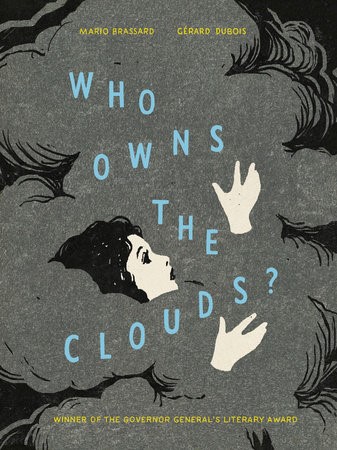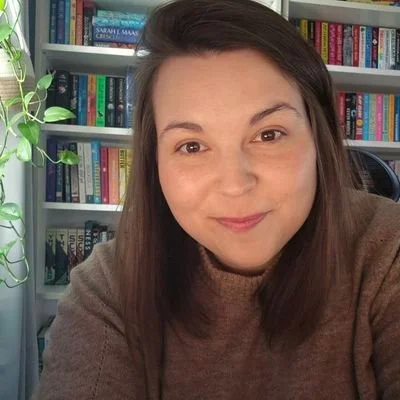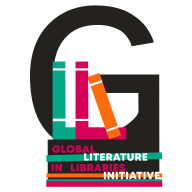Review by Jelena Pataki Šumiga

Who Owns the Clouds is a graphic novel for young readers, written by Mario Brassard, illustrated by Gérard Dubois, and translated by Yvette Ghione. Replete with dark colours interspersed at times with flashes of red, the illustrations depict the topic and the psychological state of its protagonist, Mila, even before we read her first words. The said topic is war, and it is reflected in Mila’s grim memories, grief, loss, and trauma.
Although Mila never indicates which war she refers to, there is no need for it. The horrors that she mentions – “the blistered feet, the hunger, the thirst, the horizon that kept moving farther away, and the rest” (Brassard 42) – are universal experiences with which almost everyone can identify. Even the titular clouds point to war brutalities of both the past and the present. Namely, Mila divides the clouds into “those that belonged to us (the white ones) and those that didn’t (all the others)” (35), suggesting that the white clouds are regular clouds and that the grey-black clouds are made by those who bombard Mila’s and her neighbours’ homes and streets. This inevitably evokes the current destruction of Gaza, but it also ties the narrative, with its long lines of weary souls and chimneys that need to be stopped, to WWII and concentration camps.
The simultaneous beauty and horror of this book lie in what is said and shown and what is not. In a few short phrases, Mila’s intimate narrative of a little girl whose most vivid memory is her brave uncle joking for her benefit seconds before being executed by the enemy manages to evoke war classics – The Diary of Anne Frank, Benigni’s Life is Beautiful, similarly combine the child-like innocence with utter hopelessness.
In its final pages, the book reveals that the protagonist is now an adult woman, yet her everyday life is severely shaped by war experiences. A simple act of “stand[ing] in line at a shop counter” makes her “hands shake, even though [she knows she has] nothing to fear” (46), testifying to the long-lasting effect of war trauma. With this, Mario Brassard’s short yet incredibly powerful portrait of war trauma subtly translates its horrors and the profound, long-lasting effect on people, especially when experienced in youth.
Who Owns the Clouds?
Written by Mario Brassard, illustrated by Gérard Dubois, and translated by Yvette Ghione
2023, Penguin Random House
ISBN: 9781774880210
Reviews: Kirkus, Publishers Weekly
Awards: A Globe & Mail Best Book of 2023

Dr Jelena Pataki Šumiga is a TA at the Department of English, University of Osijek (Croatia), where she teaches courses in old English and contemporary British literature. Her primary fields of research are Anglophone dystopias, fantasy, and YA literature. Recent publications include co-edited conference proceedings Breaking Stereotypes in American Popular Culture (FF Press, 2023) and “Unwinding the Nuclear Family Ideal of Blockbuster YA Dystopia” (IJYAL, vol. 4). She is also a conference interpreter and literary translator, with more than sixty popular fiction novels translated from English to Croatian.
—

GLLI’s 2024 International YA Literature Month has been curated by Dr Emily Corbett. She is a lecturer in children’s and young adult literature at Goldsmiths, University of London, where she leads the MA Children’s Literature: Theoretical Approaches to Children’s and Young Adult Literature programme. Her research focuses on the growth and development of YA from literary, publishing, and cultural perspectives. She is also General Editor of The International Journal of Young Adult Literature and was founding Vice President of the YA Studies Association. Her monograph, In Transition: Young Adult Literature and Transgender Representation (2024), is forthcoming with the University Press of Mississippi in June. You can find her contact details on her institutional website and connect with her on Twitter and Instagram via @DrEmilyCorbett.
Opinions expressed in posts on this site are the individual author’s and are not indicative of the views of Global Literature in Libraries Initiative.

One thought on “#IntlYALitMonth Review: Who Owns the Clouds?”